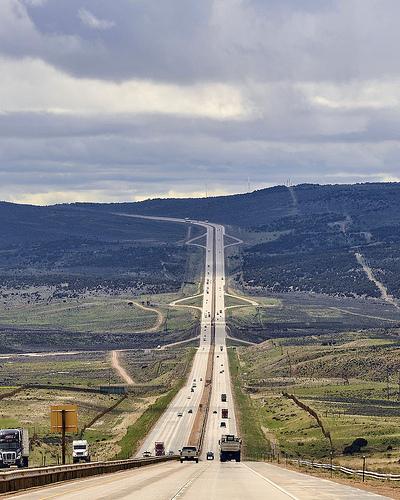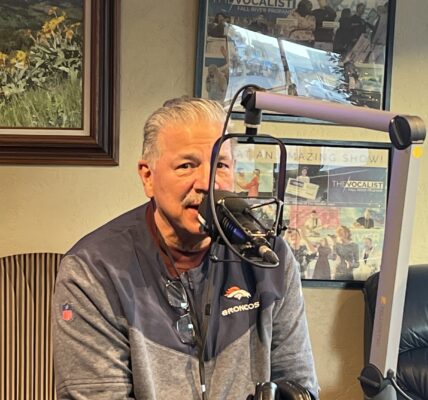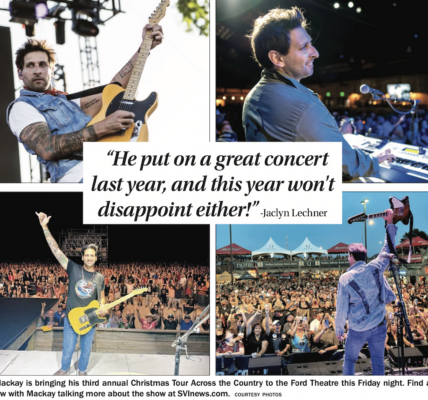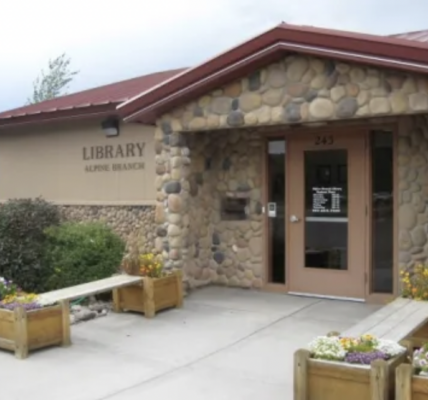By Ramsey Scott, Wyoming Tribune Eagle
Via- Wyoming News Exchange
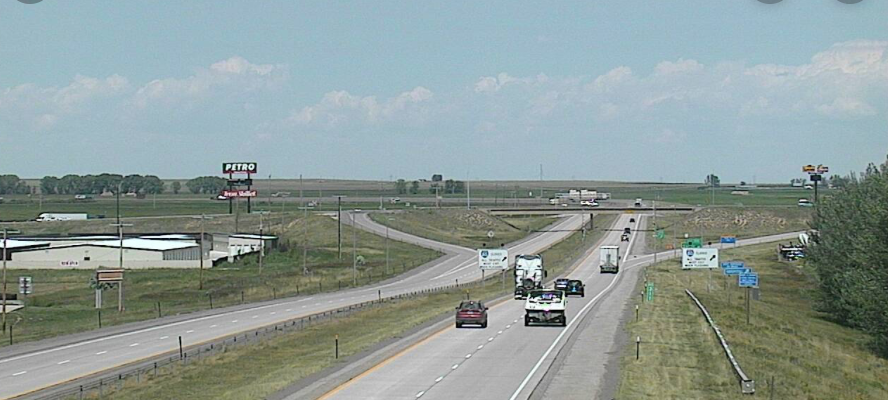
CHEYENNE — The Wyoming Legislature has danced around the idea of tolling Interstate 80 for more than a decade. In 2020, it appears lawmakers will hit the tolling dance floor.
The Joint Transportation, Highways and Military Affairs Interim Committee voted 7-6 Tuesday to sponsor a bill that would clear the way for possibly charging tolls for those using the east-west thoroughfare. The bill would authorize the creation of a master plan, which is estimated to cost between $300,000 and $500,000. It also would give authority to the Wyoming Transportation Commission to place tolls and issue bonds to pay for construction on I-80.
While the proposed legislation won approval Tuesday, that slim margin is indicative of the potential struggle awaiting it in 2020. Both the Wyoming Trucking Association and the Wyoming Petroleum Marketers Association testified against the bill as an unfair burden on the transportation industry, and said it will push drivers to alternative routes and cost businesses along the I-80 corridor money.
Those six no votes on the committee weren’t sold that tolling I-80 was the best way for Wyoming to address the massive shortfall in Wyoming Department of Transportation funding.
Sen. Stephan Pappas, R-Cheyenne, said the Legislature shouldn’t be handing over tolling authority to the Transportation Commission without studying every option for generating revenue. Instead, the state should create a task force to study all options, including tolling, a user fee based on mileage or increases in registration fees, he said.
“Why spend money on a master plan I might not agree with,” Pappas said during the meeting. “I think we haven’t really studied the situation long enough to look at all our available options.”
Rep. Landon Brown, R-Cheyenne, said he was uncomfortable giving authority to toll and bond to the Transportation Commission without seeing a master plan first. While he wasn’t opposed to the idea of tolling, he wanted to see those options laid out before starting down this path.
“I’d feel more comfortable if we stripped this down to just a study,” Brown said.
Committee co-chairman Sen. Michael Von Flatern, R-Gillette, has been a major proponent of tolling I-80 and said Wyoming has already spent years studying the issue. Instead, the Legislature should start to act on putting into motion a viable way to pay for infrastructure needs along I-80.
“We’ve studied this to death. We need to start acting on it,” Von Flatern said Tuesday.
Rep. Jerry Obermueller, R-Casper, said passing this bill wouldn’t preclude the Legislature from looking at every potential source of funding for the state’s significant transportation needs.
“In two years, we can close this down. But if we don’t do this (now), we’ll be trapped in this cycle,” Obermueller said.
The federal government created a pilot program in the late 1990s that allows states to toll interstates, as long as the revenue generated was only used on that roadway. While several states have applied to the Federal Highway Administration to use the program since its creation, none have actually followed through and approved a toll.
For Wyoming to qualify for the program, it needs to present a master plan to the federal government that shows the financial need for tolls, along with other aspects of the project. Even if the Legislature passes the 2020 bill, it would need to vote again in 2022 on a management plan for tolling and then seek federal approval.
If the Legislature passes the tolling bill in 2020, the earliest the state could expect to collect tolls would be 2029.
Wyoming first studied the idea of tolling I-80 back in 2008 and 2009, but the Legislature shelved that study and its recommendations in 2010. WYDOT again studied the issue in 2017, as one of several options to make up a growing deficit in highway maintenance funding.
Shelby Carlson, chief engineer at WYDOT, said as of now, Wyoming spends about $60 million a year to maintain I-80, but would need an additional $41.5 million to keep it in its current state.
“If anyone of you have driven it, you’ll know we’re not doing a good job (of maintaining it),” Carlson said.
While the objections weren’t enough to stop the bill from moving forward, the committee will consider a bill using its October meeting to set up a transportation revenue task force.

